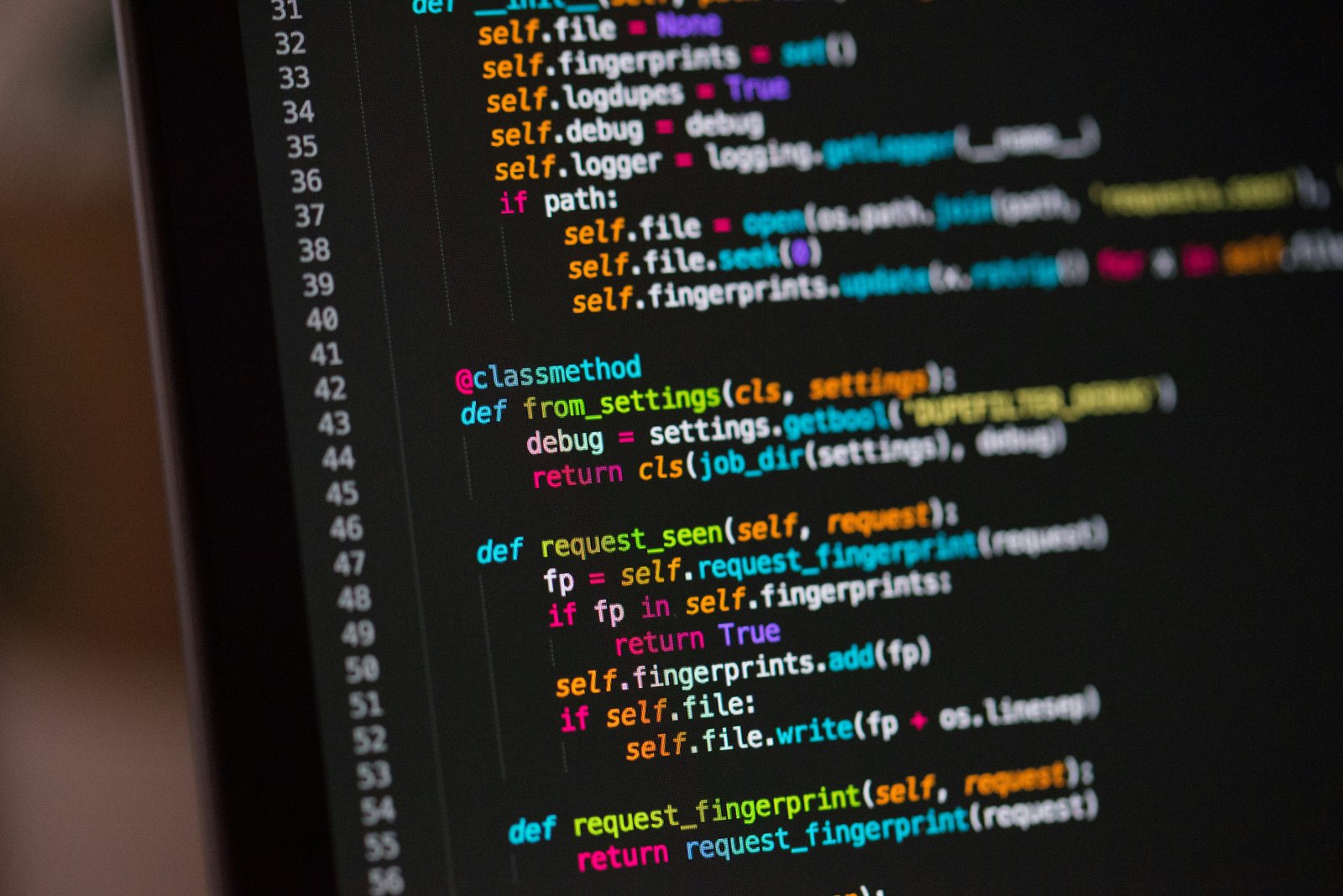
JSON Validator: Your Essential Guide to Validating JSON Data
Validate and Debug Your JSON Code with Ease
JSON Validator: Your Essential Guide to Validating JSON Data
Introduction
JSON (JavaScript Object Notation) has become the lingua franca of data exchange on the web. Its simplicity, readability, and compatibility with a vast array of programming languages make it the preferred choice for APIs, configuration files, and data storage. However, even a small typo or syntax error can lead to frustrating debugging sessions and application failures. That's where a reliable JSON Validator comes in. This comprehensive guide explores the importance of JSON validation and provides an in-depth look at how to use a JSON Validator effectively, highlighting its benefits and comparing it with other validation methods.
Validating your JSON is crucial for ensuring data integrity and preventing unexpected errors in your applications. A JSON Validator helps you identify and rectify syntax errors, structural inconsistencies, and other potential issues that can disrupt your workflow. Whether you're a seasoned developer or just starting out with JSON, a validator is an indispensable tool in your arsenal.
This guide will delve into the intricacies of JSON validation, covering everything from basic syntax checks to advanced schema validation. You'll learn how to use online JSON validators, integrate validation into your development workflow, and understand the benefits of incorporating this practice into your projects.
Who is this tool for?
A JSON Validator is a valuable tool for anyone working with JSON data, including:
- Web Developers: Essential for debugging APIs and ensuring data integrity in web applications.
- Mobile App Developers: Crucial for validating JSON responses from backend services.
- Data Scientists: Useful for verifying the structure and validity of JSON datasets.
- DevOps Engineers: Important for validating configuration files and ensuring smooth deployments.
- Anyone working with JSON data: Regardless of your role, if you handle JSON, a validator can save you time and effort.
How to Use the Tool
- Access the JSON Validator: Open your preferred online JSON Validator tool in your web browser.
- Input your JSON data: Copy and paste your JSON code into the input area provided.
- Validate: Click the "Validate" button.
- Review the results: The tool will highlight any errors or warnings found in your JSON code, often with specific line numbers and descriptions.
- Correct the errors: Use the provided error messages to identify and fix the issues in your JSON data.
- Re-validate: After correcting the errors, re-validate your JSON to ensure it's now valid.
Benefits and Features
- Real-time Error Detection: Instantly identifies syntax errors, missing brackets, incorrect data types, and other common JSON issues.
- Detailed Error Messages: Pinpoints the exact location and nature of errors, making debugging easier.
- User-Friendly Interface: Simple and intuitive to use, even for beginners.
- Schema Validation (in some validators): Allows validation against a specific JSON schema for advanced data integrity checks.
- Accessibility: Available online, often free of charge, and accessible from any device with an internet connection.
Comparison with Alternative Methods
While alternative methods like manual inspection or custom-built validation scripts exist, they often lack the efficiency and accuracy of a dedicated JSON Validator. Manual inspection is prone to human error and becomes impractical for large JSON documents. Custom scripts require development and maintenance, adding overhead to your project. Online JSON Validators offer a convenient and reliable solution without these drawbacks.
Frequently Asked Questions (FAQ)
- What is a JSON Validator?
- A JSON Validator is a tool that checks the syntax and structure of your JSON data to ensure it conforms to the JSON standard. It helps identify and correct errors that could cause problems when parsing or processing the data.
- Why is JSON validation important?
- JSON validation is essential for preventing parsing errors, ensuring data integrity, and maintaining the reliability of applications that rely on JSON data.
- How do I fix errors found by the validator?
- The validator typically provides detailed error messages that pinpoint the location and nature of the errors. Use these messages to identify and correct the corresponding issues in your JSON code.
- Can I use a JSON Validator offline?
- While most JSON Validators are online tools, some code editors and IDEs offer built-in JSON validation functionality or plugins that can be used offline.
Conclusion
A JSON Validator is an indispensable tool for anyone working with JSON data. It simplifies the debugging process, ensures data integrity, and ultimately contributes to the development of robust and reliable applications. By incorporating a JSON Validator into your workflow, you can save valuable time and effort, while minimizing the risk of errors caused by invalid JSON data. Choose a reliable online validator or integrate validation into your development environment to streamline your JSON handling processes and ensure the quality of your data.








.jpg)




